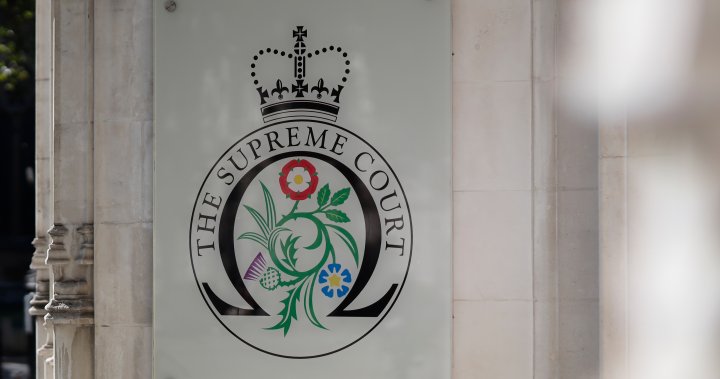A U.S. computer scientist on Wednesday lost his bid to register patents over inventions created by his artificial intelligence system in a landmark case in Britain about whether AI can own patent rights.
Stephen Thaler wanted to be granted two patents in the U.K. for inventions he says were devised by his “creativity machine” called DABUS.
His attempt to register the patents was refused by Britain’s Intellectual Property Office on the grounds that the inventor must be a human or a company, rather than a machine.
Thaler appealed to the U.K.’s Supreme Court, which on Wednesday unanimously rejected his appeal as under U.K. patent law “an inventor must be a natural person.”
“This appeal is not concerned with the broader question whether technical advances generated by machines acting autonomously and powered by AI should be patentable,” Judge David Kitchin said in the court’s written ruling.

“Nor is it concerned with the question whether the meaning of the term ‘inventor’ ought to be expanded … to include machines powered by AI which generate new and non-obvious products and processes which may be thought to offer benefits over products and processes which are already known.”
Get the latest National news.
Sent to your email, every day.
Thaler’s lawyers said in a statement that “the judgment establishes that UK patent law is currently wholly unsuitable for protecting inventions generated autonomously by AI machines.”
Thaler earlier this year lost a similar bid in the United States, where the Supreme Court declined to hear a challenge to the U.S. Patent and Trademark Office’s refusal to issue patents for inventions created by his AI system.
Giles Parsons, a partner at law firm Browne Jacobson, who was not involved in the case, said the U.K Supreme Court’s ruling was unsurprising.
“This decision will not, at the moment, have a significant effect on the patent system,” he said. “That’s because, for the time being, AI is a tool, not an agent.
“I do expect that will change in the medium term, but we can deal with that problem as it arises.”




